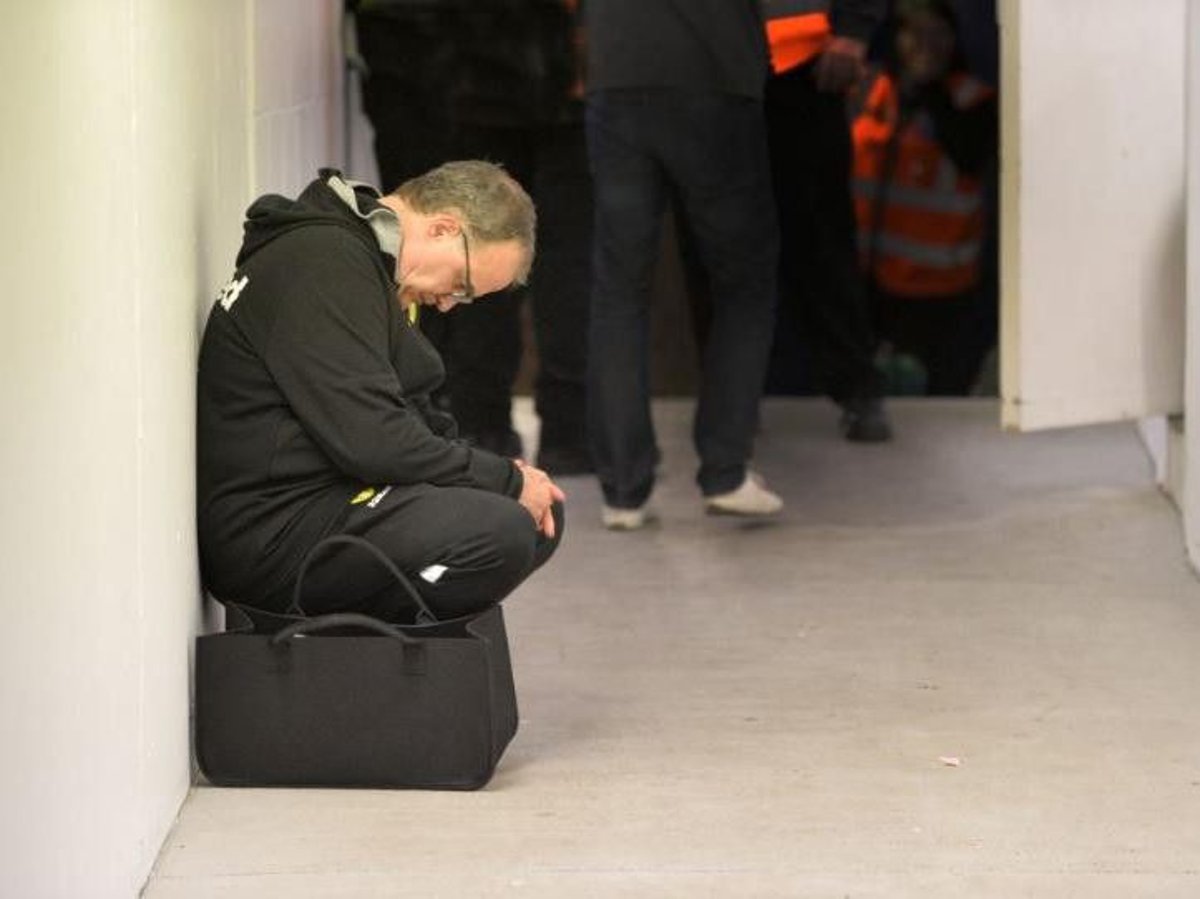
Bielsa: "Don't Let Failure Lower Your Self-Esteem"
The following is a translation of the article published in Marca.com in May 2012.
Photo by Bruce Rollinson, taken after Leeds United’s loss at Queens Park Rangers on 26 February 2019.
The Athletic coach made it clear years ago in a talk with young people how he lives football. He revealed that success had made him worse and that defeat helped him grow. Now he will try to instill this in his players.
VERÓNICA BRUNATI. BUENOS AIRES 11/05/2012 - 13:13.
Marcelo Bielsa is a man of stern demeanor, who rarely shows his emotions in public. But in private, he often does. He even opens up to express his deepest feelings.
When he was the Argentine national team coach, he gave a talk to boys aged 13 to 17 at the Sagrado Corazón school in Rosario, where he attended high school. The condition was that there would be no press. And although that meeting was kept secret that day, his words later came to light, gaining greater significance over time.
In this speech, Bielsa reveals the value he places on both success and failure. His reflections paint a full picture of him and reflect his deepest thoughts, especially in moments of frustration like the present. Here are some examples of his reflections: "The moments in my life when I have grown are related to failures; the moments in my life when I have worsened are related to success."
He explains: "Success is deforming, it relaxes, deceives, makes us worse, and helps us fall excessively in love with ourselves; failure is the opposite, it is formative, it makes us solid, brings us closer to our convictions, and makes us coherent. While we compete to win, and I work in what I work because I want to win when I compete, if I didn't distinguish what is truly formative and what is secondary, I would be making a mistake."
The coach continues with his unique perspective on the impact football has on society: "I am absolutely convinced that fame and money are insignificant values. I am sure of one thing: I was happy when I enjoyed amateurism, I was happy when I grew up in love with my work. I have a deep love for football, for the game, for the street corner, for the vacant lot, for the pickup game, for the ball. And I despise everything added. To explain this a little better, I know that the joy of a victory in a match lasts five minutes, then there is a huge and immense emptiness. And an indescribable loneliness."
The coach has no doubts: "I want to insist that it is much better to be prestigious than popular. I never let myself be tempted by praise. Praise in football is absolutely hypocritical. Football is conceived that way, there has to be either great joy or great sadness. Defeat or victory, blood or applause, are values very dear to humans," he says.
Bielsa is clear: "In failure, I suffer a lot from the injustice of the treatment, I never managed to master that. I always suffer a lot when we lose and when I am mistreated, but I did manage not to believe in the duration of success. Since no one reviews why you won, it doesn't matter, they flatter you for having won and not because you deserved to win."
And this analysis fits his team perfectly: "Do not let failure damage your self-esteem. When you win, the message of admiration is so confusing, it stimulates self-love so much, and it distorts so much. And when you lose, the opposite happens. There is a morbid tendency to discredit you, to offend you, just because you lost. In any task, you can win or lose, the important thing is the nobility of the resources used."
Comments